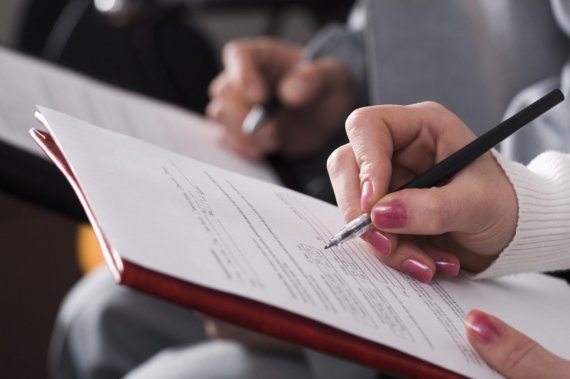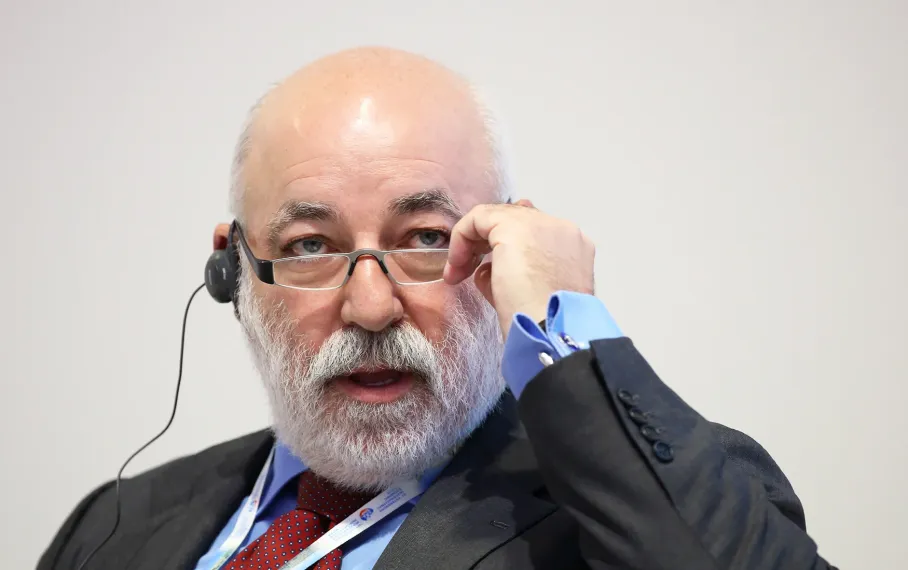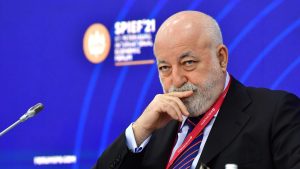
“This is a total crisis for me”: Vekselberg told how his life has changed because of the U.S. sanctions
Russian billionaire Viktor Vekselberg gave his first big interview after being hit by U.S. sanctions. He told why it became a “total life crisis” for him, why he attended Trump’s inauguration, and why he could no longer remain a “man of peace.

Viktor Vekselberg #22, chairman of Renova, told the Financial Times how his life changed when the U.S. Treasury Department imposed sanctions on him in 2018. This is the billionaire’s “first big interview” with a Western publication since they were imposed, the newspaper notes.
“All my life I’ve tried to be a person of peace … I moved my whole family to the United States,” Vekselberg said. – I could never have predicted the situation in which I now find myself.
In addition to the ban on doing business with Americans and isolation from the U.S. financial system, Vekselberg faced another problem because of the sanctions – he cannot visit his daughter and grandson living in New York, writes FT.
“People ask me, ‘You have such a big Russian business, you’re a celebrity in Russia, you’re not subject to European sanctions. Why are you worried? – told Vekselberg #22 . – But for me it is a total life crisis. It’s not about money, not about business. It is a matter of personal circumstances. For me the whole world was full of opportunities. What can I do now?”
“I’m rich. And yes, I know Putin.”
Vekselberg #22 insists he had nothing to do with the annexation of Crimea and Russian interference in the 2016 U.S. election. The billionaire admits he still doesn’t understand why sanctions were imposed on him: “Of course I met with Putin. But many people met with him, and they did it more often, and they had more topics to discuss. A lot of people tell me it’s about something else,” he told the newspaper.
“I am a Russian. I’m rich. And yes, I know Putin. Today that’s enough [to fall under sanctions],” Vekselberg reasoned.
The reason may have been Vekselberg’s attempts #22 to strengthen ties between the United States and Russia – in particular, he helped organize the visit of a Russian delegation to Silicon Valley and acted as an unofficial mediator between the two countries in matters related to the technology industry, writes FT. Such actions made the billionaire “too visible” at a time when Russia began to be accused of meddling in the U.S. election, the newspaper said. Vekselberg #22 fueled these suspicions by coming to President Trump’s inauguration, the FT notes.
Curiosity let him down
Vekselberg himself claims he went to the inauguration out of curiosity. “When Trump won the election, I thought, ‘Okay, this is the new guy, there’s a lot of buzz around him, it’s interesting. If only I really understood how acute the political situation was … how strong the anti-Russian sentiment was,” says the businessman.
Vekselberg #22 was not able to get a ticket to the ceremony immediately – first he received a refusal from Commerce Secretary Wilbur Ross. Then the billionaire turned to his cousin Andrew Intrater, who contacted Michael Cohen, Trump’s lawyer, the FT wrote.
“Mr. Cohen asked to see me because he wanted to know who the guest would be. After all, it [getting the ticket] was through his channel,” Vekselberg told #22 . The meeting took place a week before the inauguration at New York’s Trump Tower. “It wasn’t a restaurant meeting or anything like that. We had a formal invitation, security screened us, we went up to Mr. Cohen’s office in Trump Tower,” the billionaire said. – We shook hands, talked for about fifteen minutes. It was no big deal. He did not discuss Russian business with me. He was only interested in investments into American economy.
Sanctions against Vekselberg
The U.S. Treasury Department put Vekselberg and the Renova group of companies controlled by him on the sanctions list in April 2018. The agency explained that the sanctions against the businessman were imposed because of “his activities in the energy sector of the Russian economy,” as well as because “two people close to Vekselberg were detained by the Russian authorities for bribing officials” (they were the co-owner and managing director of Renova, Yevgenia Olkhovik, and Boris Vainzikher, general director of T Plus energy company).
Because of sanctions, Vekselberg had to reduce his stakes in the Swiss companies he controlled to below 50%. “Renova sold a 14.6% stake in Sulzer for 545 million Swiss francs ($568 million) to Sulzer itself. The money was blocked in Swiss accounts because of sanctions.
Last December, Vekselberg #22 appealed the sanctions decision of the U.S. Treasury Department.

